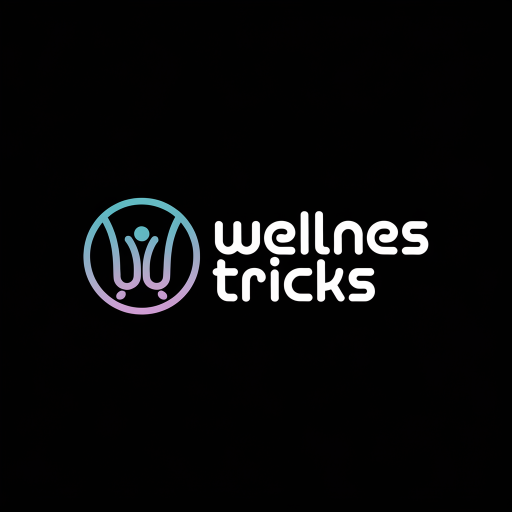5 Daily Habits to Feel More Emotionally Balanced
Imagine a tightrope walker, balancing carefully as they navigate the thin line between two buildings. Just like this performer, finding emotional balance in your life can feel precarious. You might often feel overwhelmed by stress or negativity, but there are simple daily habits that can help you regain your footing. By incorporating practices like mindfulness and physical activity, you can cultivate a steadier path. What if you could transform your emotional landscape with just a few adjustments?
Key Takeaways
- Practice mindfulness meditation daily for a few minutes to enhance self-awareness and reduce anxiety.
- Maintain a gratitude journal by noting three things you’re thankful for each day to cultivate positivity.
- Engage in at least 20 minutes of physical activity daily to boost mood through endorphin release.
- Foster meaningful connections by regularly spending time with friends and family to combat loneliness and enhance emotional wellness.
- Set healthy boundaries by identifying limits and communicating needs to protect your emotional well-being.
Practice Mindfulness Meditation
Mindfulness meditation can be a powerful tool for achieving emotional balance in your daily life.
By incorporating it into your emotional wellness routine, you create a safe space to process your thoughts and feelings.
Start with just a few minutes each day—find a quiet spot, close your eyes, and focus on your breath.
When distractions arise, gently guide your attention back to your breathing.
This practice trains your mind to stay present, reducing anxiety and enhancing self-awareness.
Over time, you’ll notice a greater sense of calm and resilience, empowering you to navigate daily challenges with grace. Additionally, just 10 minutes of daily meditation can lead to reduced stress levels, enhancing your overall emotional health.
Maintain a Gratitude Journal
After establishing a mindfulness meditation practice, consider adding a gratitude journal to your emotional wellness routine.
Writing down what you’re thankful for can shift your focus from stress to positivity.
Each day, jot down three things that made you smile or brought you joy, no matter how small.
This simple habit helps cultivate appreciation and fosters resilience during tough times.
Remember, it’s about quality, not quantity—your entries don’t need to be lengthy or profound.
Just let your heart guide you.
Over time, you’ll notice a profound shift in your perspective, leading to greater emotional balance and overall well-being. Additionally, incorporating bedtime journaling into your routine can enhance your reflections and deepen your emotional insights.
Engage in Regular Physical Activity
Incorporating regular physical activity into your daily routine can significantly enhance your emotional balance.
Exercise releases endorphins, which boost your mood and reduce stress. Additionally, regular physical activity has been shown to improve overall well-being and contribute to a youthful appearance.
Here are a few simple ways to get started:
- Take a daily walk: Even 20 minutes can make a difference.
- Try a new class: Yoga or dance can be fun and uplifting.
- Set small goals: Aim for a few minutes of activity each day, gradually increasing.
- Engage with friends: Invite a buddy to join you; it makes exercise more enjoyable.
Embrace these habits, and you’ll likely notice a positive shift in your emotions.
Foster Meaningful Connections
How can fostering meaningful connections impact your emotional well-being? Building strong relationships can enhance your sense of belonging and support, ultimately boosting your mood. When you connect deeply with others, you share experiences, create joy, and lessen feelings of loneliness. Additionally, these connections contribute to emotional wellness routines, which promote greater balance and resilience in daily life.
| Connection Type | Benefits | How to Foster |
|---|---|---|
| Family | Unconditional support | Schedule regular gatherings |
| Friends | Shared happiness | Plan fun activities |
| Community | Sense of belonging | Join local groups |
Investing time in these relationships helps you cultivate emotional balance and resilience.
Set Healthy Boundaries
Setting healthy boundaries is essential for maintaining your emotional balance, as it allows you to protect your well-being while fostering respect in your relationships. Here are some steps to help you establish those boundaries:
- Identify your limits: Reflect on what makes you uncomfortable or stressed.
- Communicate clearly: Express your needs honestly and kindly to others.
- Be assertive: Stand firm in your decisions without feeling guilty.
- Reassess regularly: Check in with yourself to ensure your boundaries still serve you.
Establishing boundaries can be a powerful tool in transforming habits that contribute to anxiety relief.

